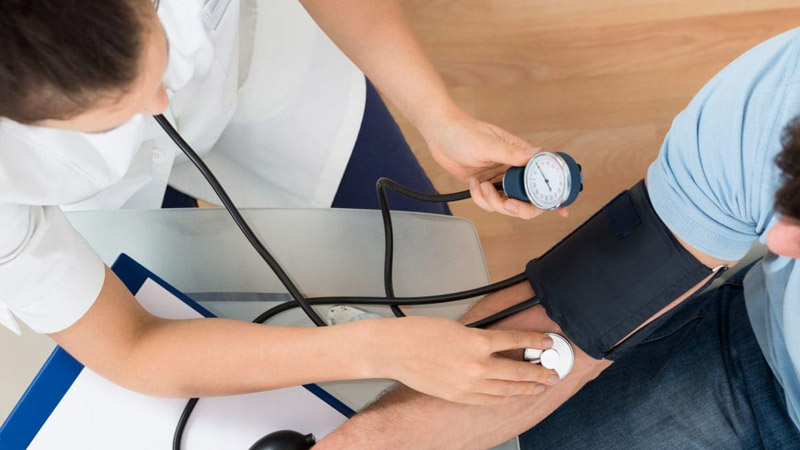Blood pressure medications are a lifesaver for millions of people around the world, helping to control hypertension and reducing the risk of heart attacks, strokes, and other serious health problems. However, recent research suggests that some of these popular medications may carry unexpected risks.
A class of blood pressure medications, known as angiotensin-converting enzyme (ACE) inhibitors, has been linked to a potentially serious side effect called angioedema. Angioedema is a condition characterized by rapid swelling of the deeper layers of the skin, often around the eyes and lips, but it can also affect the throat and other areas of the body. In severe cases, angioedema can cause difficulty breathing and even be life-threatening.
A study published in the British Journal of Clinical Pharmacology found that ACE inhibitors were associated with a significantly increased risk of angioedema compared to other blood pressure medications. Researchers analyzed data from more than 4 million patients and found that those taking ACE inhibitors were more than four times more likely to experience angioedema compared to those taking other types of blood pressure medications.
Another common class of blood pressure medications, angiotensin II receptor blockers (ARBs), has also come under scrutiny in recent years. Investigation published in JAMA Internal Medicine found that ARBs were associated with an increased risk of cancer compared to other blood pressure medications. The study, which included data from more than 900,000 patients, found that those taking ARBs had a slightly increased risk of developing cancer over a five-year period.
These findings have raised concern among both patients and health professionals. While blood pressure medications are essential for controlling hypertension and reducing the risk of cardiovascular events, the potential risks associated with certain medications highlight the importance of carefully weighing the benefits and risks of treatment.
It is essential that patients talk to their healthcare providers about any concerns they have about their blood pressure medications. In some cases, there may be alternative medications that offer similar benefits with a lower risk of side effects. Additionally, patients should be aware of the signs and symptoms of possible side effects, such as angioedema, and seek medical attention if they experience any unusual symptoms while taking their medications.
In conclusion, while blood pressure medications play a crucial role in controlling hypertension and reducing the risk of cardiovascular disease, certain medications may carry unexpected risks. Research has highlighted potential concerns with ACE inhibitors and ARBs, including an increased risk of angioedema and cancer, respectively. Patients should work closely with their healthcare providers to ensure they receive the most appropriate treatment for their condition, carefully weighing the benefits and risks of different medications.
For those concerned about high blood pressure, recent studies suggest that eating early on a restricted schedule could help improve blood pressure, and natural coconut sugar could help reduce blood pressure and stiffness of the arteries. Additionally, added sugar in the diet is linked to higher blood pressure and vitamin D may improve blood pressure in people with diabetes.


